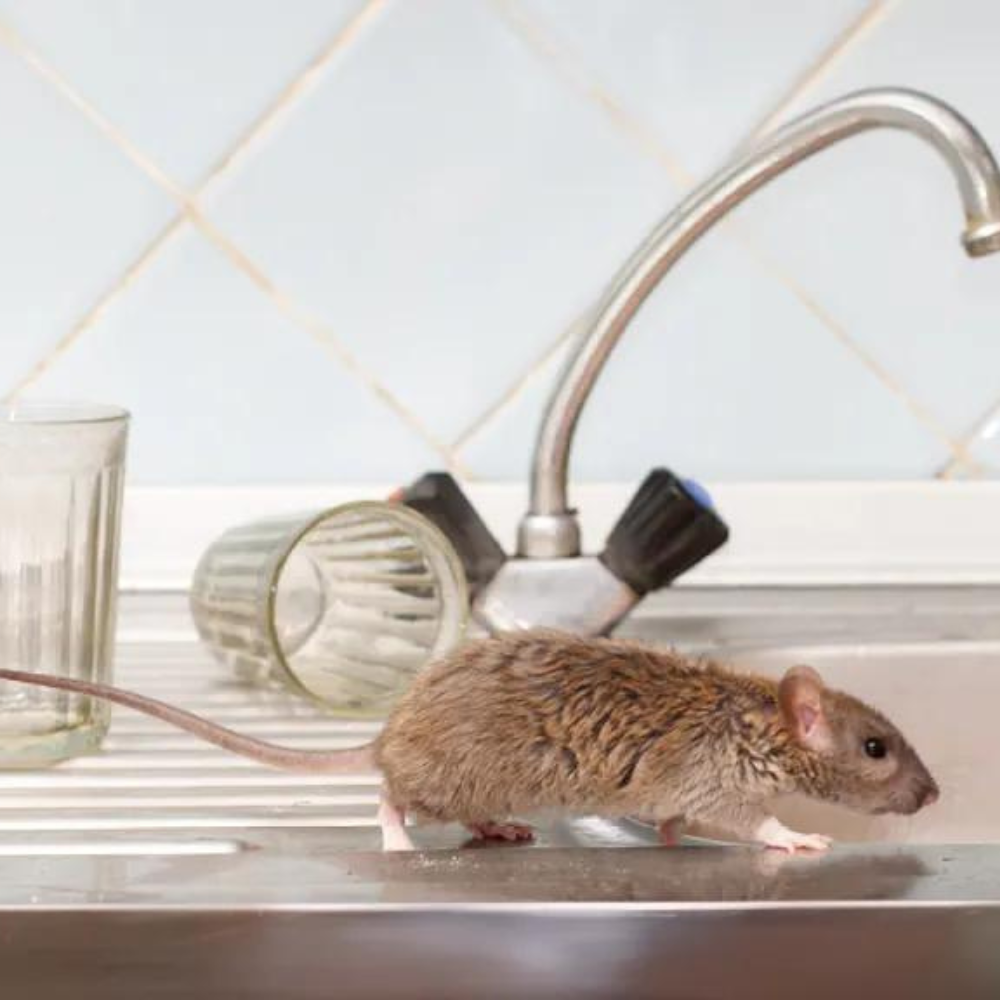Maintaining a rodent-free kitchen is essential for ensuring both the hygiene and safety of your food supplies. Given the abundance of resources they offer, kitchens are often prime targets for rodent infestations, posing significant risks to health and cleanliness. To safeguard your home from these unwelcome intruders, a proactive and comprehensive approach to rodent proofing is imperative. This guide provides an overview of the key measures and techniques that can be employed to secure your kitchen environment, thereby preventing rodent access and ensuring the well-being of your family. Through diligent application of these practices, you can maintain a clean, safe, and rodent-free kitchen.
Effective Food Storage and Cleanliness
Storing food properly is crucial in deterring rodents. Use airtight containers made of durable materials like glass or metal to store pantry items, grains, and pet food. Ensure that these containers are kept off the ground and that no food is left unsealed. Regularly disposing of garbage in bins with tight-fitting lids can also prevent attracting rodents.
Maintaining cleanliness is equally important. Daily cleaning routines should include wiping down surfaces to remove crumbs and spills, sweeping floors, and managing waste efficiently. Areas behind and beneath appliances are often overlooked but should be cleaned regularly as they can accumulate food debris, providing a perfect hiding and breeding ground for rodents.
Securing Your Kitchen Against Entry
Rodents can enter through the smallest openings, so it’s vital to secure your kitchen by sealing potential entry points. Inspect your kitchen for any cracks, holes, or gaps in walls, floors, and around pipes or cables, and seal these using materials like steel wool, caulk, or wire mesh. Pay extra attention to doors and windows, replacing damaged weather stripping to block access.
In addition to physical barriers, consider natural deterrents. Peppermint oil, known for its rodent-repelling properties, can be an effective, non-toxic option. Soak cotton balls in peppermint oil and place them in areas prone to rodent entry. Other natural deterrents include cayenne pepper and cloves, offering a safe way to keep rodents at bay without resorting to harmful chemicals.
By focusing on these key strategies, you can significantly reduce the risk of rodent infestation in your kitchen. Regular vigilance, combined with effective food storage and cleanliness practices, as well as securing your kitchen from entry, will help maintain a rodent-free environment, ensuring the health and safety of your home.

